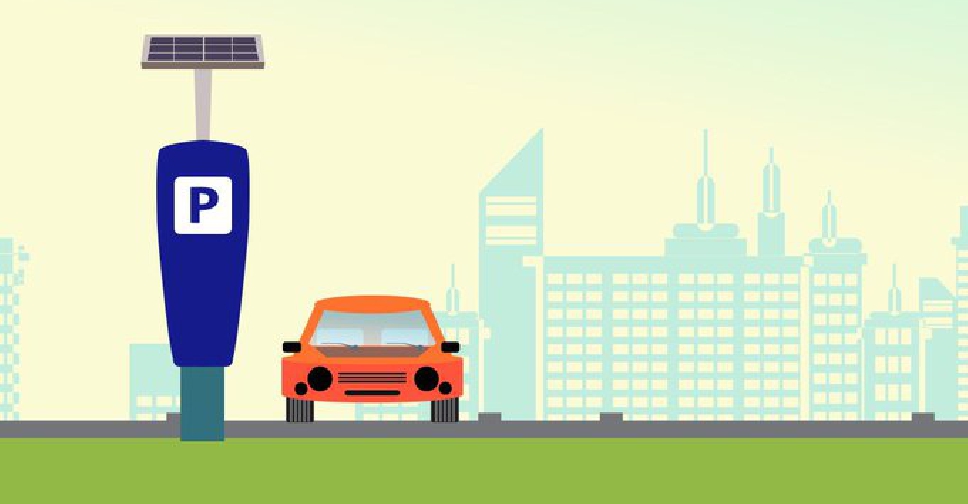Dubai Marks Hijri New Year with Free Public Parking and Adjusted Transport Services
As the city of Dubai prepares to embrace the Hijri New Year, residents and visitors can anticipate several enhancements to local transportation services and public amenities. On Friday, June 27, in celebration of the Islamic New Year, all public parking zones within the emirate, with the exception of multi-level terminals, will be free of charge. This initiative is part of ongoing efforts by the Roads and Transport Authority (RTA) to facilitate travel and encourage social engagement during this significant period for the Muslim community.
Regular parking fees will be reinstated on Saturday, June 28, marking the end of this special provision. However, to ensure that residents can continue to access vital services, the RTA has announced specific closures and operating hours for several key facilities. On the day of the holiday, RTA customer happiness centers, as well as vehicle testing centers, will be closed. Despite this, residents will still be able to utilize services at designated smart customer happiness centers located in Umm Ramool, Deira, Al Barsha, and the RTA head office, which will remain operational around the clock. This provision reflects the RTA’s commitment to enhancing customer satisfaction and accessibility amidst regional festivities.
In addition to the adjustments in parking arrangements, the RTA has also revised the operational hours for public transport services in light of the holiday. The Dubai Metro, a pivotal mode of transportation for both residents and tourists, will operate with extended hours, commencing service at 5:00 AM and concluding at 1:00 AM the following day. Similarly, the Dubai Tram will follow a corresponding schedule, serving passengers from 6:00 AM until 1:00 AM the next day. These extended hours are designed to accommodate the increased travel needs of the public during the holiday celebrations.
Moreover, the RTA has undertaken a thorough review of the timings for public buses and marine transport services. With the expectation of a surge in travel during the Hijri New Year, these adjustments aim to facilitate smoother and more efficient mobility within the city during peak times. The RTA’s proactive measures come as a response to the influx of individuals participating in religious observances, family gatherings, and leisure activities typical of this festive season.
In the spirit of embracing the cultural significance of the Hijri New Year, the citywide changes serve not only as a convenience but also exemplify Dubai’s dedication to fostering an inclusive community atmosphere. The initiative aligns with broader Emirati values that emphasize hospitality and community engagement, reflecting the rich tapestry of cultural diversity within the UAE.
Social media platforms also play an integral role in disseminating information regarding these adjustments. As demonstrated by a recent tweet from the RTA, the authority actively informs the public about service hours for various transportation networks and customer centers, ensuring that residents are well-informed and able to plan their journeys accordingly. This focus on communication exemplifies a modern approach to public service, effectively utilizing digital platforms to reach a broader audience.
As we stand on the threshold of a new lunar year, the Hijri New Year presents an opportunity for reflection and rejuvenation for Muslim communities around the world, including Dubai. The city’s infrastructure is poised to support this with extensive resources aimed at bridging the gaps in connectivity and ensuring accessibility for all. Consequently, whether individuals are traveling for prayer, visiting family, or enjoying leisure activities, the RTA’s extended services and holiday provisions support a seamless experience befitting this momentous occasion.
As the sun rises on this day of significance, Dubai not only marks the passage of time but also celebrates its vibrant spirit of unity and community. Thus, as residents and visitors take to the streets or the Metro, they do so against a backdrop of a city steadfastly committed to the growth and well-being of its diverse populace.

